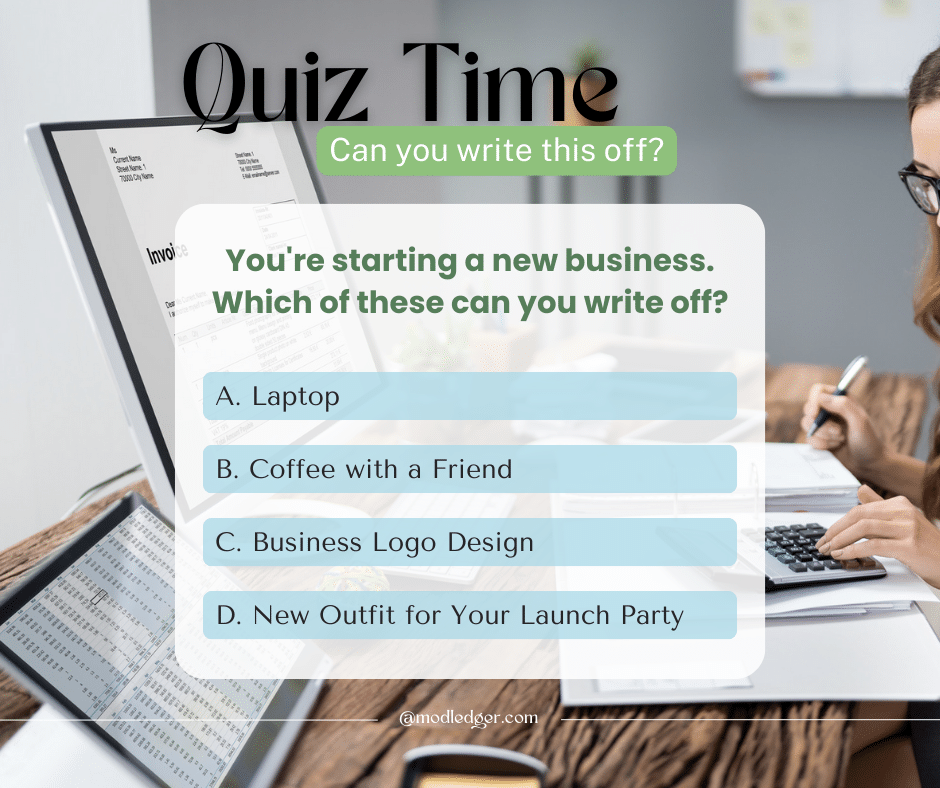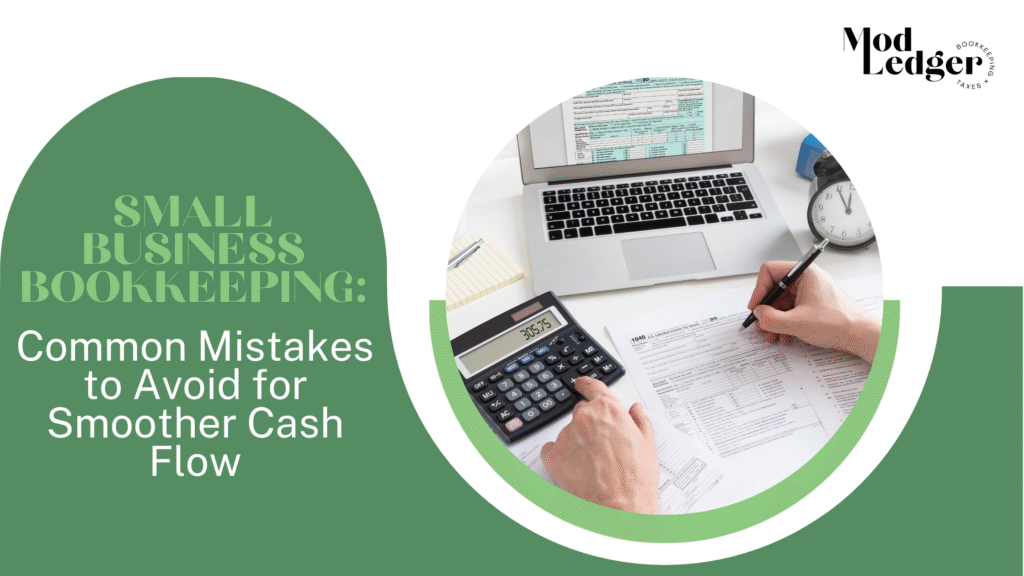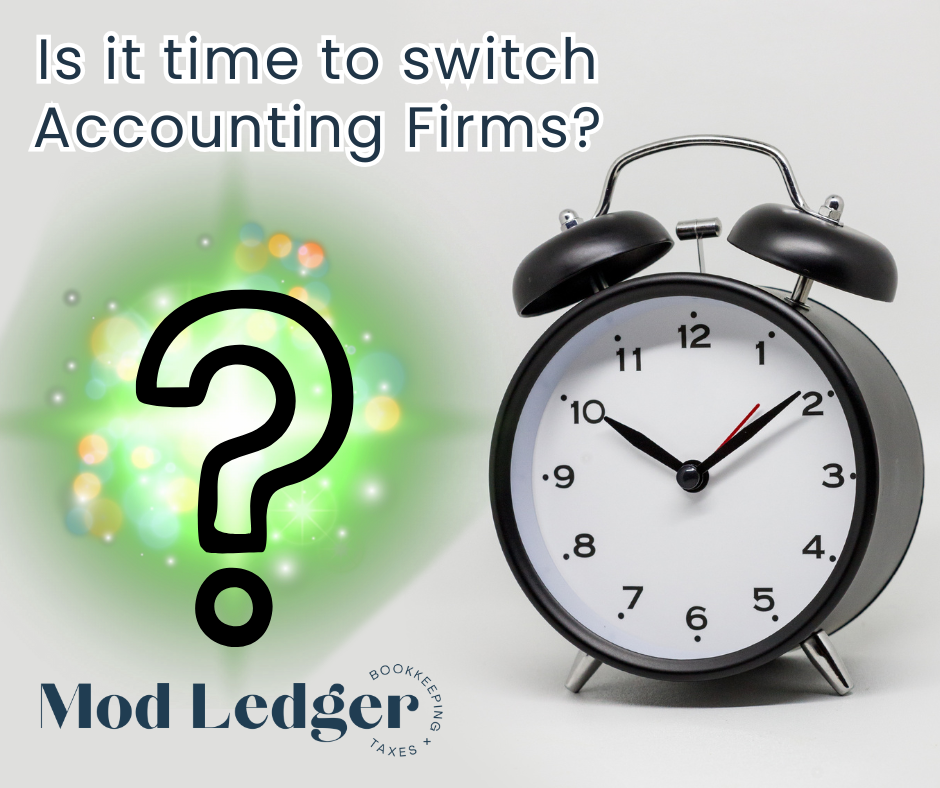A Small Business Guide to Tax Deductions
Starting a new business comes with a long list of expenses, from technology to branding to those coffee shop brainstorming sessions. The good news? Many of these costs may qualify as tax write offs (deductions). The not-so-good news? Not everything that feels “business related” is actually deductible in the eyes of the IRS.
If you’re a new entrepreneur or small business owner, knowing what you can and cannot write off can save you money and headaches. Let’s walk through some common start-up expenses and clear up the confusion with examples straight from our quiz.

1. Laptop: Deductible
Yes, you can write off your laptop as a business expense, as long as you use it for work. The IRS allows deductions for equipment necessary to run your business, which includes computers, tablets, printers, and related technology.
If you use your laptop both personally and for business, you’ll need to calculate the percentage of business use. For example, if you use it 80% of the time for client work and 20% for personal browsing, you can deduct 80% of the cost.
Another bonus: depending on the year you purchased it and your overall tax situation, you may qualify to expense the full amount under Section 179 or bonus depreciation, instead of spreading the deduction over several years with standard depreciation.

2. Coffee with a Friend: Sometimes Deductible
This one is a “maybe.” If the coffee outing is purely social, it’s not deductible. If your friend is also a client, referral partner, or someone you’re meeting to discuss business, it could qualify.
Here’s the catch: the IRS is strict about documentation for meals. You’ll need to:
- Save the receipt (and ALL of your business receipts for that matter).
- On the receipt, write down who you met with and hat business was discussed.
Without those records, you risk losing the deduction in an audit. So, yes, you can enjoy your latte write-off, but only if the conversation legitimately supported your business.

3. Business Logo Design: Deductible
Absolutely! Your business logo and branding materials are considered marketing expenses, and marketing costs are fully deductible. That includes professional design work, website graphics, social media branding, and even printing costs for business cards and brochures.
Think of branding as an investment that not only helps you grow but also lowers your taxable income. Just make sure you keep invoices from your designer or agency as proof of the expense.

4. New Outfit for Your Launch Party: Not Deductible
This one is a common misconception. Even if you buy a suit or dress specifically for a business event, the IRS does not allow deductions for clothing that can be worn outside of work. Unless the outfit is a uniform or protective gear that is required for your job and not suitable for everyday wear, it won’t qualify.
For example, scrubs for medical professionals or steel-toed boots for construction workers are deductible. A new blazer for your launch party? Not deductible, even if you only bought it for that event.

Write Offs: Why These Rules Matter
The IRS wants deductions to be “ordinary and necessary” for your line of work. Ordinary means it’s common for your industry, and necessary means it’s helpful or appropriate for your business. By sticking to those definitions, you’ll avoid mistakes that could raise red flags in an audit.
Another key reason to know the difference is cash flow. Many small businesses operate on thin margins, and every dollar saved in taxes can make a big difference. Deducting what you’re allowed (and steering clear of what you’re not) helps you maximize legitimate savings while staying compliant.
Tips for Keeping Track of Deductions (aka write offs)
- Separate business and personal finances.
Use a business bank account and credit card for all work-related expenses. This makes it easier to track and prove deductions. - Keep digital records.
Scan or snap pictures of receipts and store them in cloud folders or accounting software. - Take notes on meals and meetings.
Even a quick note on the receipt can protect you later. - Work with a professional.
A bookkeeper can ensure you’re claiming everything you’re entitled to, while also keeping you safe from mistakes.

When you’re starting a business, the line between personal and professional often feels blurry. That’s why understanding what qualifies as a deduction is so important.
Yes, your laptop and logo design are write-offs. Coffee can be, if you document the business purpose. Your launch party outfit, unfortunately, is not.
At Mod Ledger, we specialize in helping small business owners navigate these tricky rules. If you want clarity on what you can deduct, what to track, and how to stay compliant while saving money, our team is here to help.
Ready to Maximize Your Write Offs?
We’ll walk you through your expenses, help you set up better systems for tracking, and make sure you’re not leaving money on the table, because running your business should be exciting and rewarding, not stressful when tax season rolls around.



